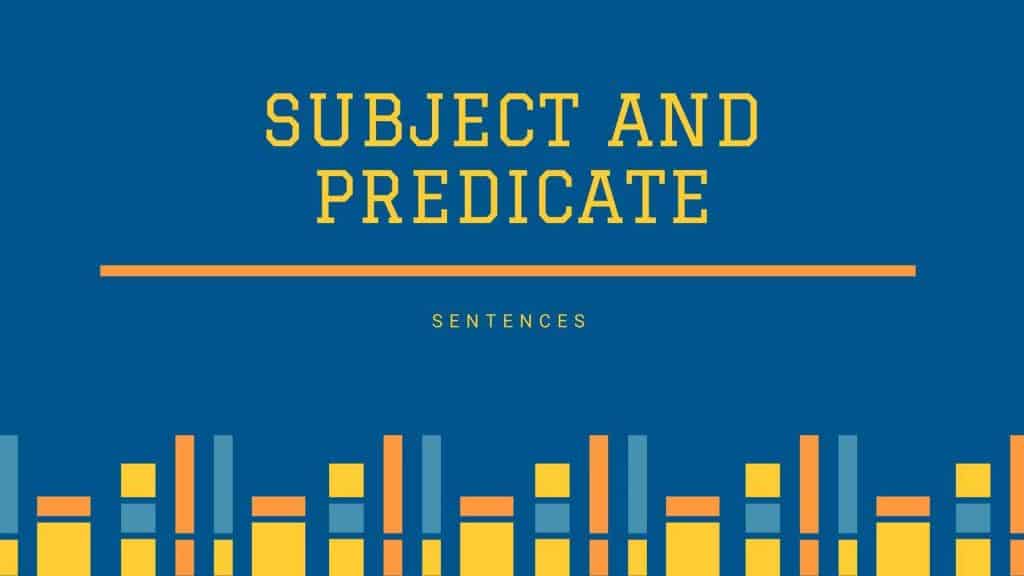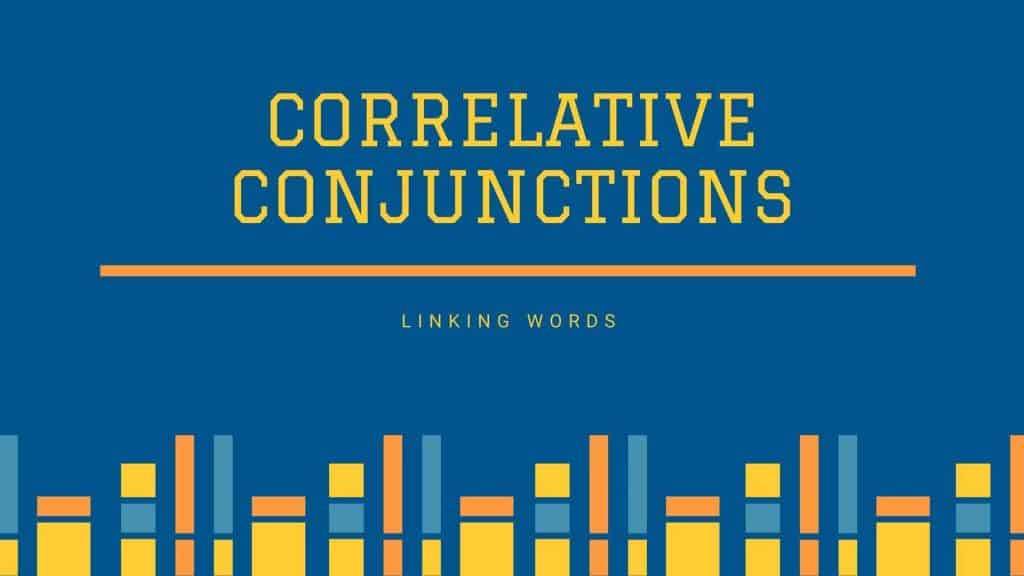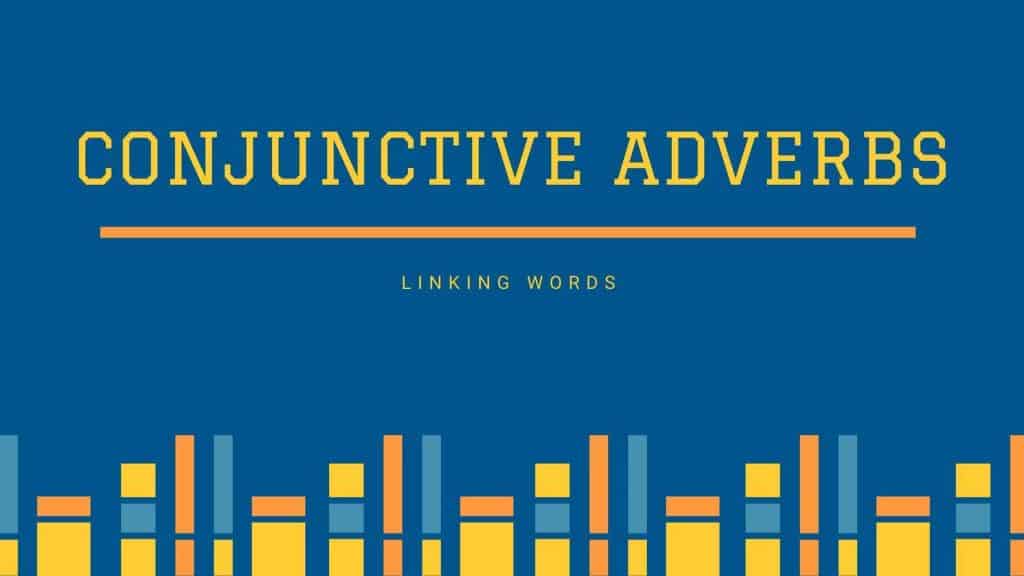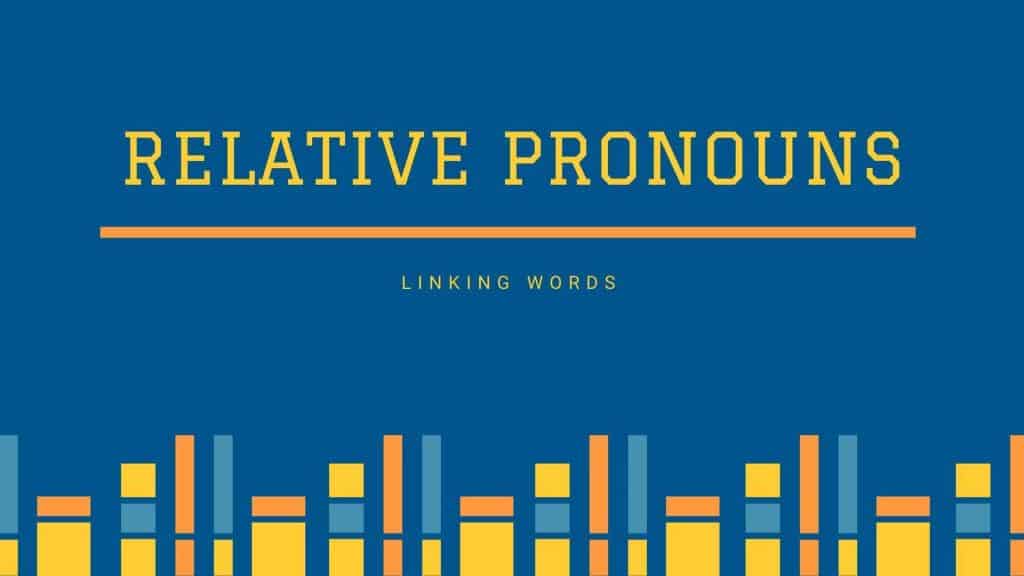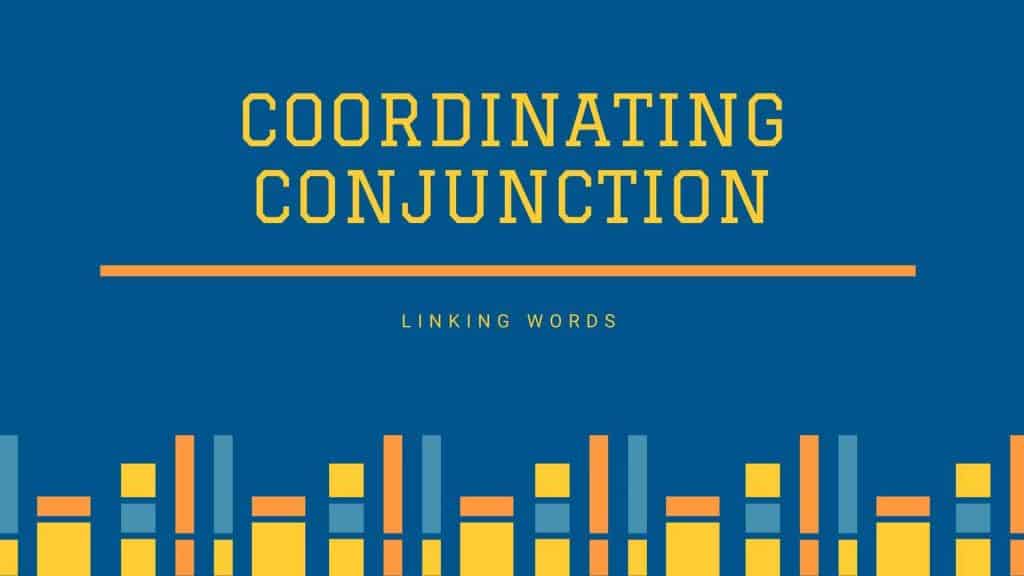Subject and Predicate
What is Subject and Predicate? Sentences and clauses have two parts – “Subject” and “Predicate”. The subject of a clause or sentence is a noun or a pronoun. Sometimes a phrase or clause or any other grammatical element also function as a subject of a sentence. When a phrase or clause function as a the […]
Subject and Predicate Read More »

